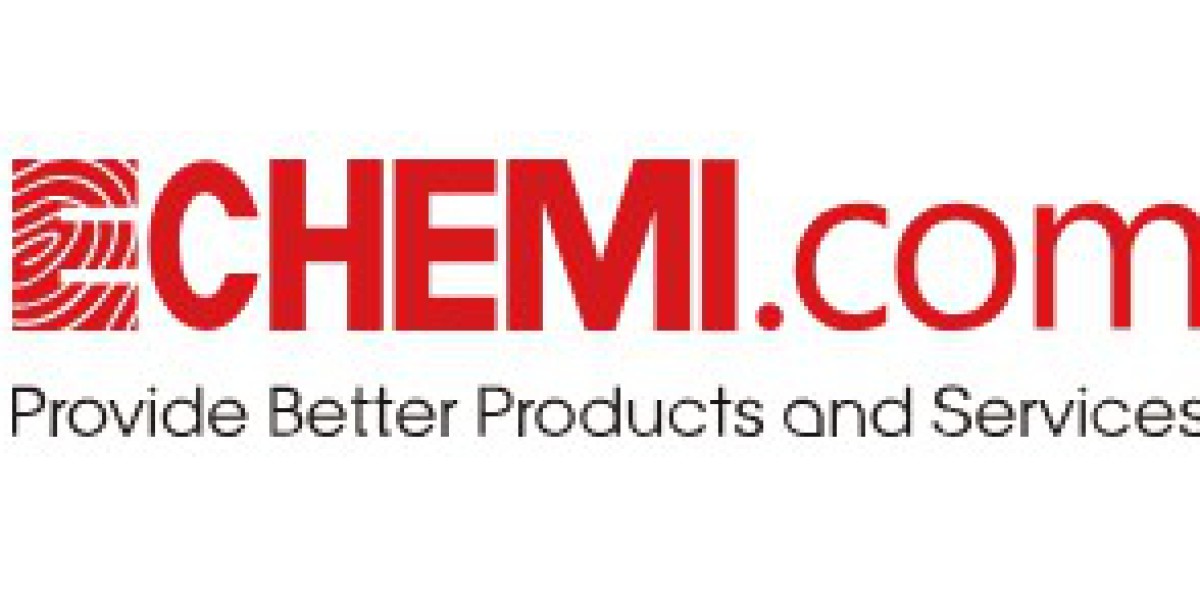Chemical products play a vital role in the manufacturing of medical devices. Here is a brief introduction to the significance of chemical products in medical device manufacturing:
Material Selection: Chemical products are essential in the selection and formulation of materials used in medical devices. Different chemicals, such as polymers, metals, ceramics, and coatings, offer distinct properties and characteristics that are critical for the performance, safety, and biocompatibility of medical devices. Chemical companies provide a wide range of materials that meet the specific requirements of medical device manufacturers, ensuring the production of high-quality and reliable devices.
Surface Modification and Coatings: Chemical products are employed in surface modification techniques and coatings for medical devices. Surface treatments, such as plasma etching or chemical functionalization, can enhance the adhesion of coatings, improve biocompatibility, and enable the attachment of biomolecules. Coatings, such as hydrophilic, antimicrobial, or drug-eluting coatings, are applied to medical devices to improve their functionality, reduce infection risks, or provide controlled drug release. Chemical companies develop and provide these specialized coatings and surface modification products to meet the unique needs of medical device manufacturers.
Sterilization and Disinfection: Chemical products are crucial for sterilization and disinfection processes in medical device manufacturing. Sterilization is essential to ensure the safety and efficacy of medical devices by eliminating microorganisms and preventing infection risks. Chemical sterilization methods, such as ethylene oxide (EtO) or hydrogen peroxide gas plasma, rely on specific chemicals to achieve sterilization. Disinfection solutions and agents, such as hydrogen peroxide, alcohol-based solutions, or chlorine-based compounds, are also employed to ensure the cleanliness and hygiene of medical devices. Chemical companies supply these sterilization and disinfection products to support the effective and safe manufacturing of medical devices.
Adhesives and Sealants: Chemical products such as adhesives and sealants are critical for the assembly and bonding of different components in medical devices. Adhesives provide strong and reliable bonding between materials, ensuring the integrity and functionality of medical devices. They are used in applications such as sealing, encapsulation, bonding of dissimilar materials, or attaching components. Chemical companies develop specialized adhesives and sealants that meet the stringent requirements of medical device manufacturing, including biocompatibility, durability, and resistance to sterilization processes.
Testing and Quality Control: Chemical products are utilized in testing and quality control processes throughout medical device manufacturing. Various chemical reagents, solutions, and indicators are employed to assess the performance, reliability, and safety of medical devices. Chemical companies provide these testing materials, including biocompatibility testing kits, chemical indicators for sterilization processes, or analytical reagents, to ensure compliance with regulatory standards and to enable effective quality control.
Regulatory Compliance: Chemical products used in medical device manufacturing must comply with stringent regulatory requirements. Chemical companies play a crucial role in ensuring that the chemicals they provide meet the necessary regulatory standards, including biocompatibility, toxicity, and environmental regulations. They work closely with medical device manufacturers to provide documentation and support to meet regulatory compliance, enabling the safe and legal manufacturing of medical devices.
In summary, chemical products are essential in the manufacturing of medical devices. They are used in material selection, surface modification, coatings, sterilization, adhesives, testing, quality control, and regulatory compliance. Chemical companies play a critical role in providing specialized chemicals and solutions that meet the unique requirements of medical device manufacturing, ensuring the production of safe, reliable, and effective medical devices for patient care and well-being.


